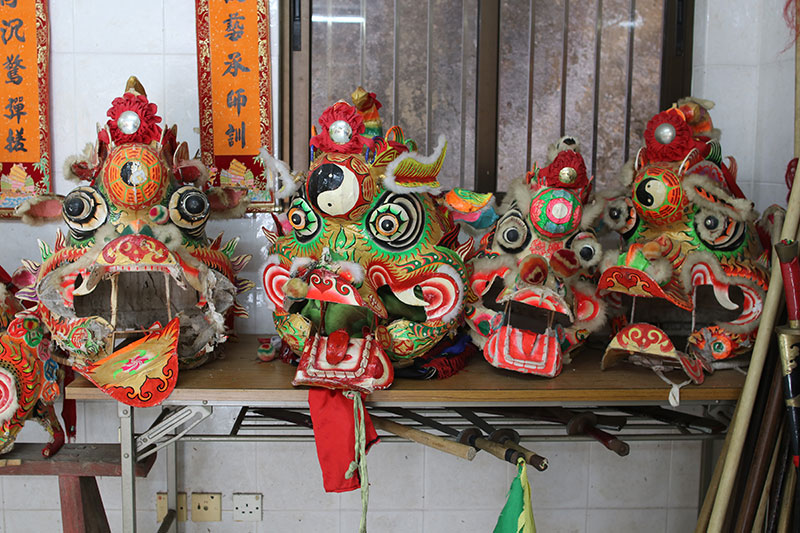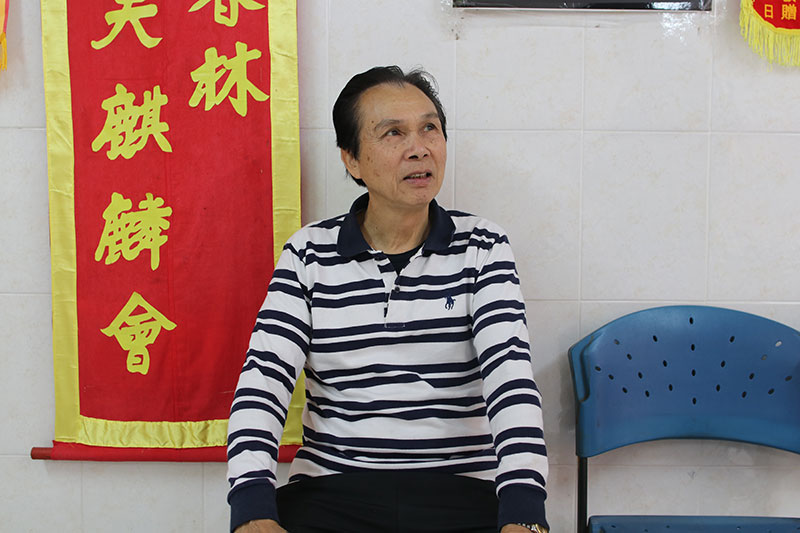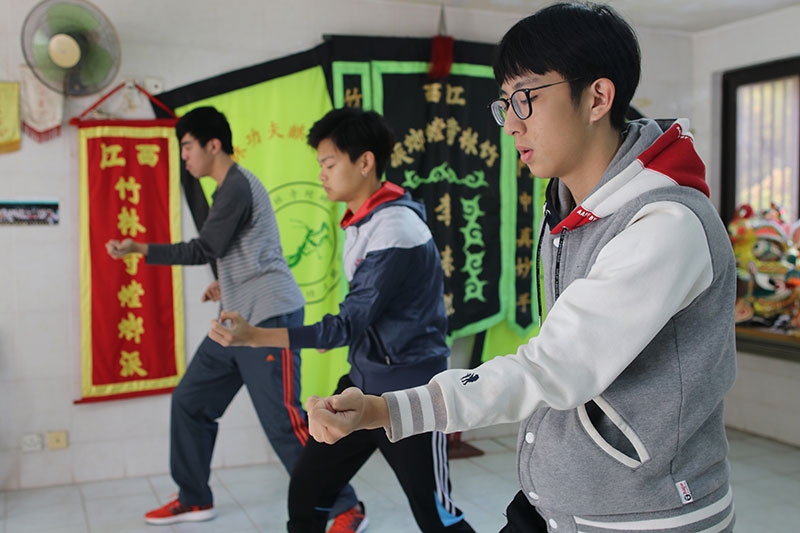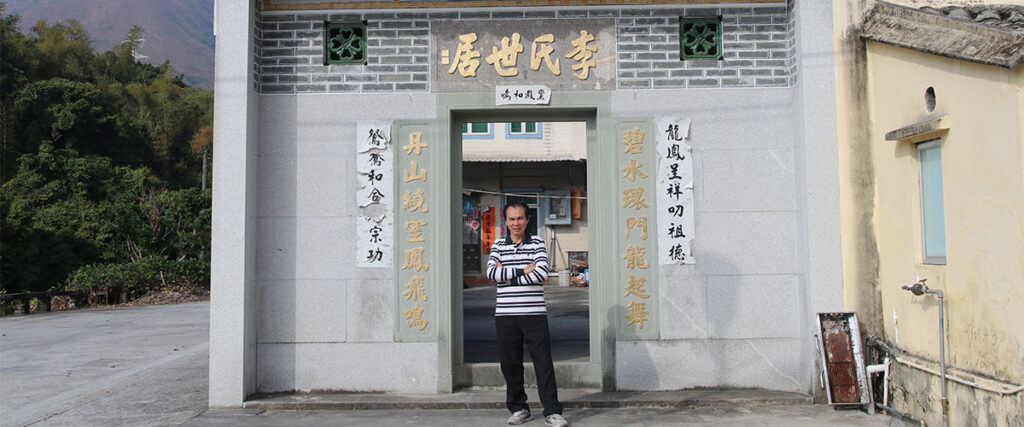In a small village on the outer reaches of Hong Kong, a traditional Kung fu master is running martial arts classes to teach a whole new generation about the importance of traditional Hakka culture and skills.
These days, we expect to see Kung fu masters in old Hong Kong action movies starring legends such as Bruce Lee or Wong Fei-hung. It’s not often that we actually come across one in real life. Hong Kong, however, is home to all sorts of hidden gems, and one such treasure can be discovered in a small, 300-year-old Hakka village dating back to the early Qing Dynasty. There, the acclaimed kung fu master, 70-year-old Li Chuen Lam resides. And, whilst still specialising in his traditional craft, the old teacher is also on a new mission to transfer his skills to the next generation.

Residing in the north-eastern reaches of Hong Kong, Kung fu master Li Chuen Lam spends his days practising his craft in his village where nobody can disturb him. Having trained from the age of 9 in Chinese martial arts and Hakka unicorn dancing, Chuen Lam is skilled in over 7 different variations of the Southern Praying Mantis technique. He has been teaching classes since 1975 when people first started flocking to the prodigy for guidance. Still today, he has a loyal following of over 100 students who continue to appear before him to pay their respects.

But, whilst being a rare and genuine embodiment of past culture, Chuen Lam’s energies these days are focused on the future. A man of Hakka descent, his ancestors migrated in 1698 from Boluo County in Guangdong province to the village of Sheung Wo Hang Tsuen, one of the oldest settlements just outside the northern border of Sha Tau Kok. In addition to being one of the oldest active villages in the area, the settlement also has a study hall famous for producing top imperial examination candidates in the early Qing Dynasty. Now deemed a historical monument by the government, it is often visited by tourists. Yet still, despite this level of interest, Chuen Lam worries that his people’s future and the integrity of their traditions are under threat. “We have been upholding our Hakka traditions since 1698,” he tells us, “but the younger generation is forgetting who they are.”
He puts this trend down to several different factors. Over the past 100 years, many members of his village emigrated to find work. “Because their children were born overseas, there isn’t much opportunity to show them where they come from,” he explains. Despite being one of China’s major ethnic groups, only a small percentage of native Hakka people are able to speak their mother tongue fluently and activities such as praying to ancestors and traditional Hakka wedding ceremonies are rarely carried out now. In addition, for those left in villages like his, Chuen Lam sees little appeal for the younger generation. “Village life is not appealing to youngsters — there’s nothing for them to do here.”

However, the old Kung fu master is trying to change that. Offering Sunday classes that merge the teaching of Hakka tradition with martial arts, he is developing a following of youngsters keen to understand their heritage and learn new skills. “I don’t charge any of my students because my Sifu (master) never charged me. Instead, all I ask is that my students turn up and are willing to learn.” Along with Kung fu, Chuen Lam also teaches the traditional pastime of Hakka unicorn dancing, a similar skill to the Chinese Lion Dance we see during Chinese New Year, and something that has increased awareness of his classes. “I want to keep our traditions alive,” he says, “and the best way to do that is by teaching something the younger generation finds interesting.” The savvy septuagenarian is also building awareness by co-opting his students’ preferred modes of communication, taking to Facebook to promote his Kung fu school and uploading videos of Hakka unicorn dancing to YouTube. In a wonderful example of past meets future, here is a man rooted in the past, turning to modern media to save his heritage. Sometimes, it takes a true master to know the way.




